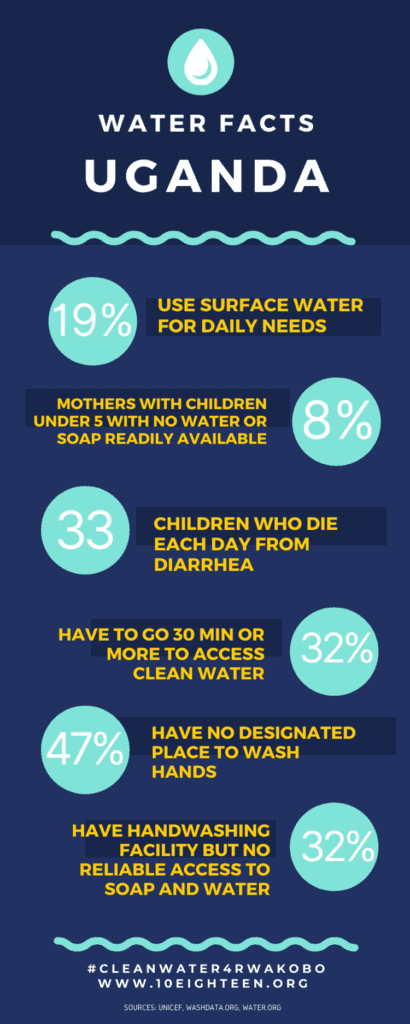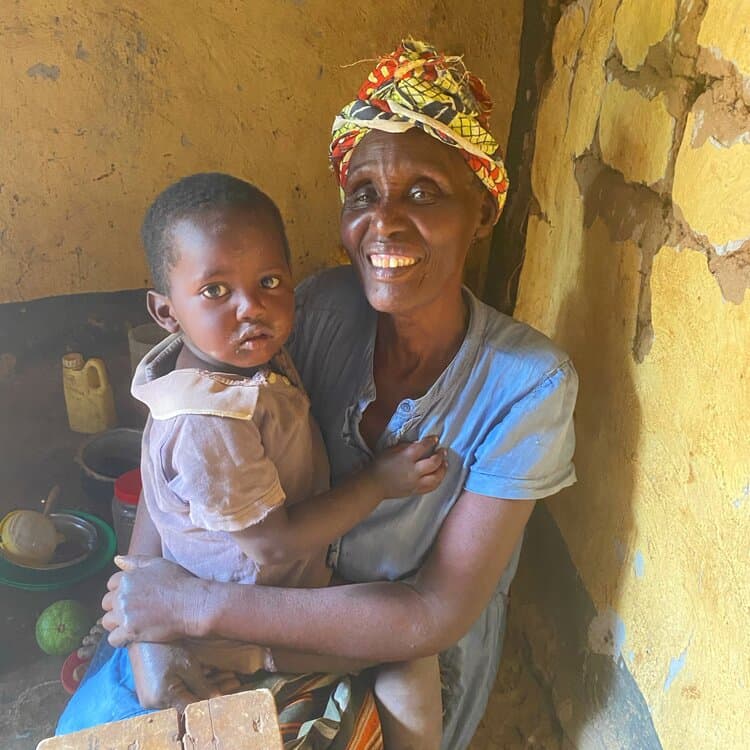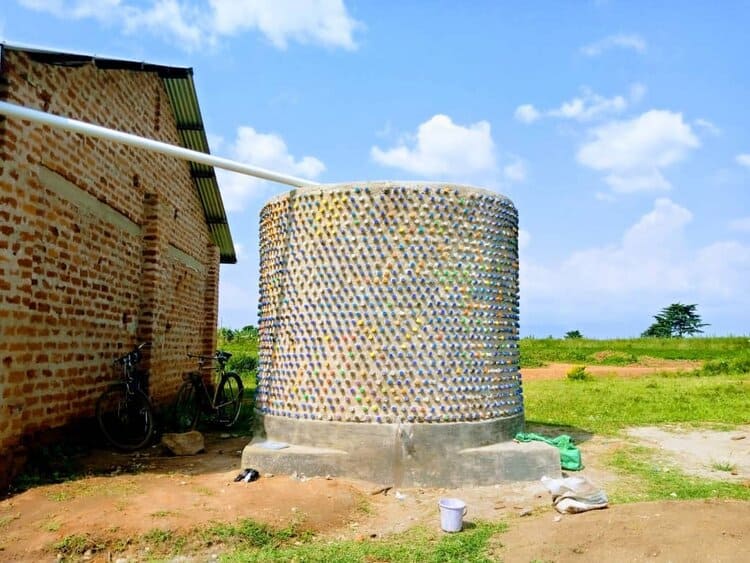THE CLINIC IS OPEN!
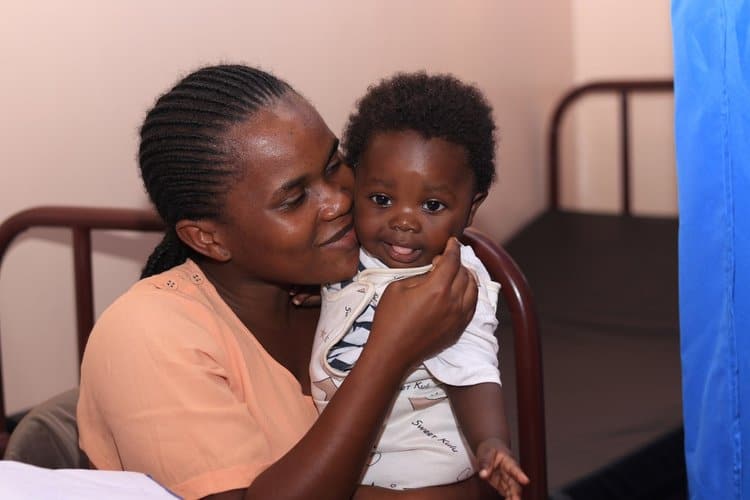
During 2021, we had a LOT of medical issues come up for our girls and babies. The most common were malaria and typhoid, but we’ve also had intestinal parasites, pneumonia, and burns… to name a few.
We have a wonderful doctor who sees our girls at a discount and without requiring payment up front. But he does, of course, require payment in short order, as does the hospital where most treatments have to be done. (Many meds for advanced typhoid and malaria, as well as antibiotics for children, are done through an IV canula that stays in for a week). Plus there’s transport to and from the hospital on boda bodas.
We’ve done a LOT of DonorSee projects to cover medical bills… So I’m not sure why I didn’t think of it before, but in January it hit me: OPEN A CLINIC, DUMMY!
So we did! We’d contracted for more space within our compound in August, and at the end of the year most of it was finally ready. That allowed us to move the Ross House girls to a more private apartment area and free up rooms in the main house. VOILA! A clinic was born.
We are now officially open for business, with a fully stocked medicine cabinet, first aid supplies, IV supplies, a bed, and a full time nurse.
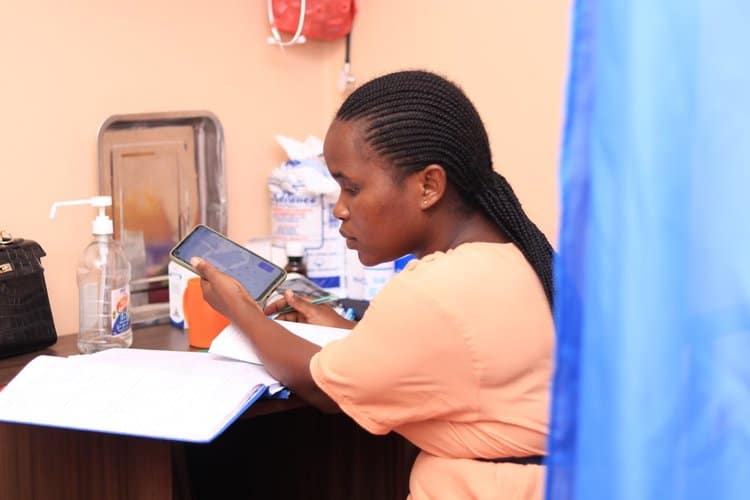
We’ve already had our first patients!
Of course, this is free to our girls and their children (and our staff). But it’s not free to US. We will have ongoing expenses to restock medications and supplies, as well as the nurse’s salary. We also had the expense of setting it up. If you’d like to help, just click the button below – 100% goes to the program.
Thank you ALWAYS for your amazing support! We’re so grateful to have you with us.
Blessings,
Jennings

